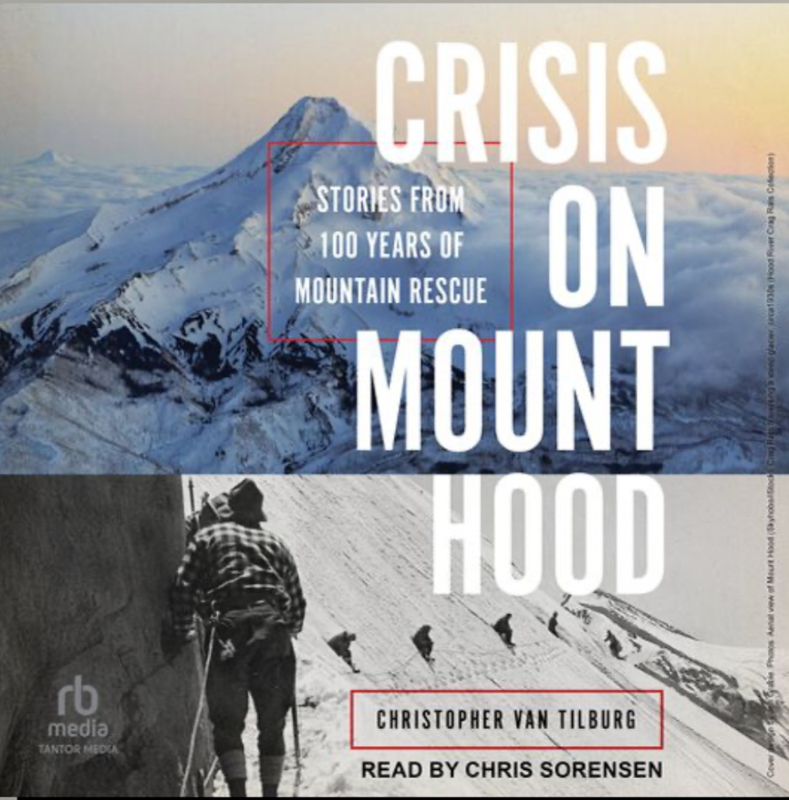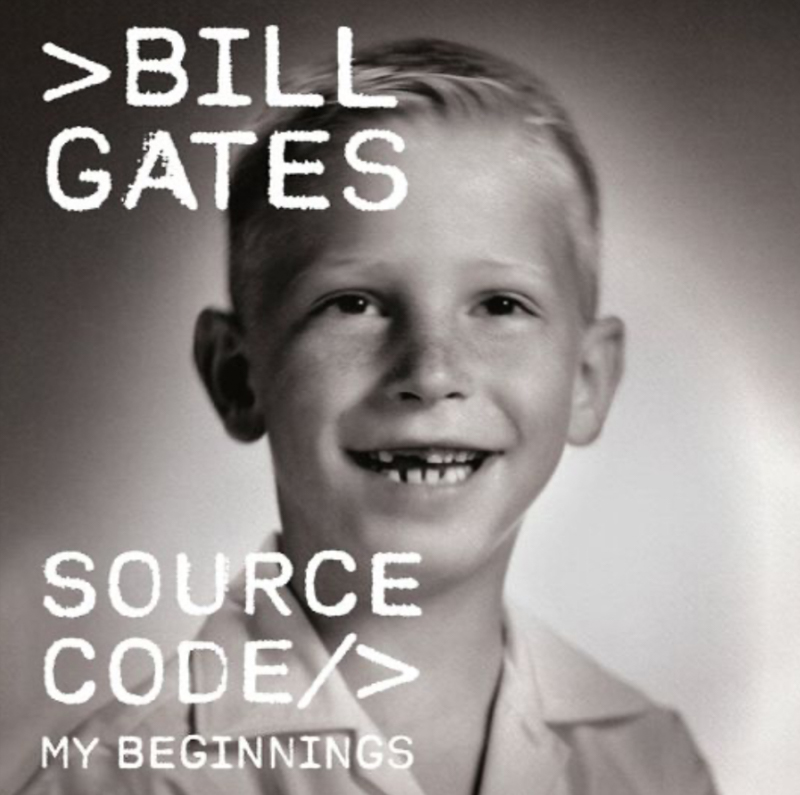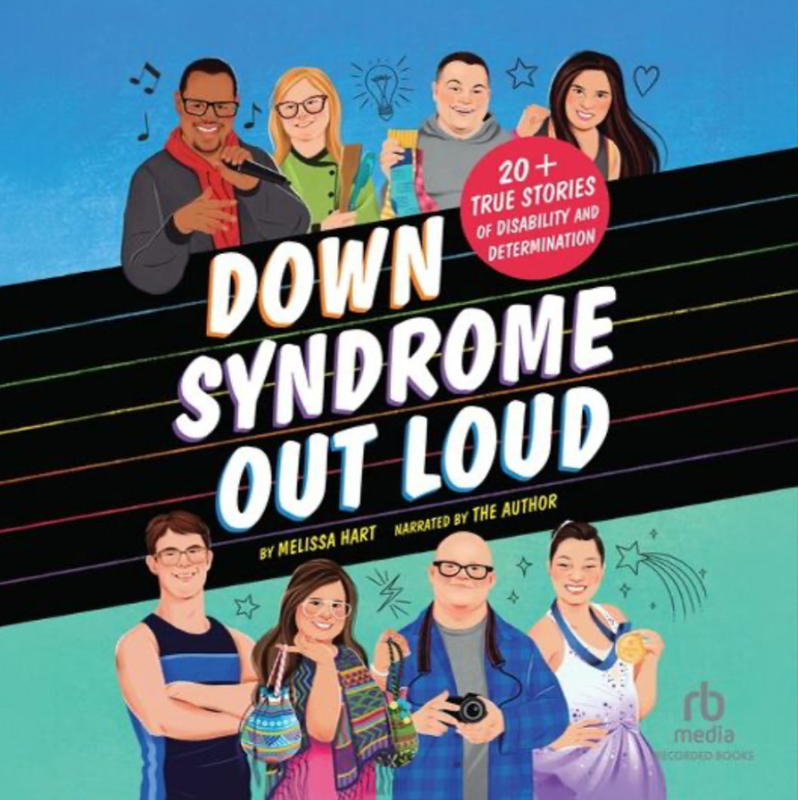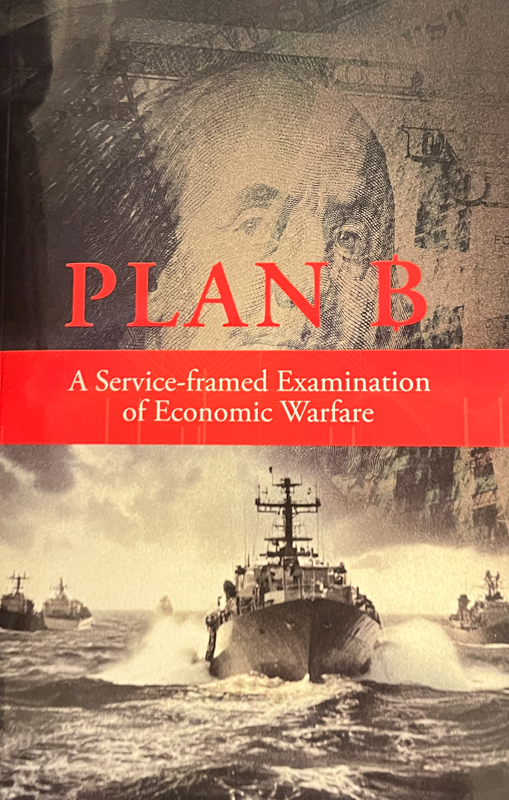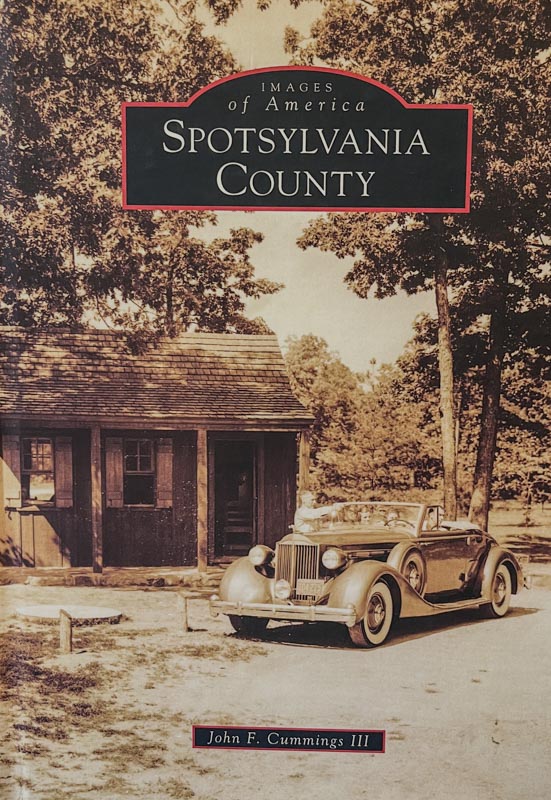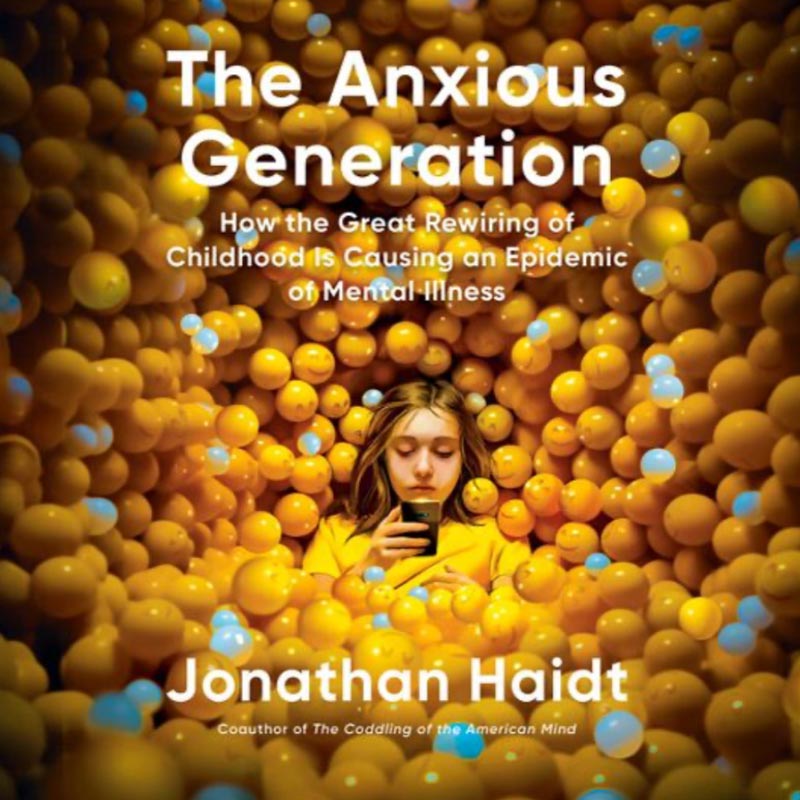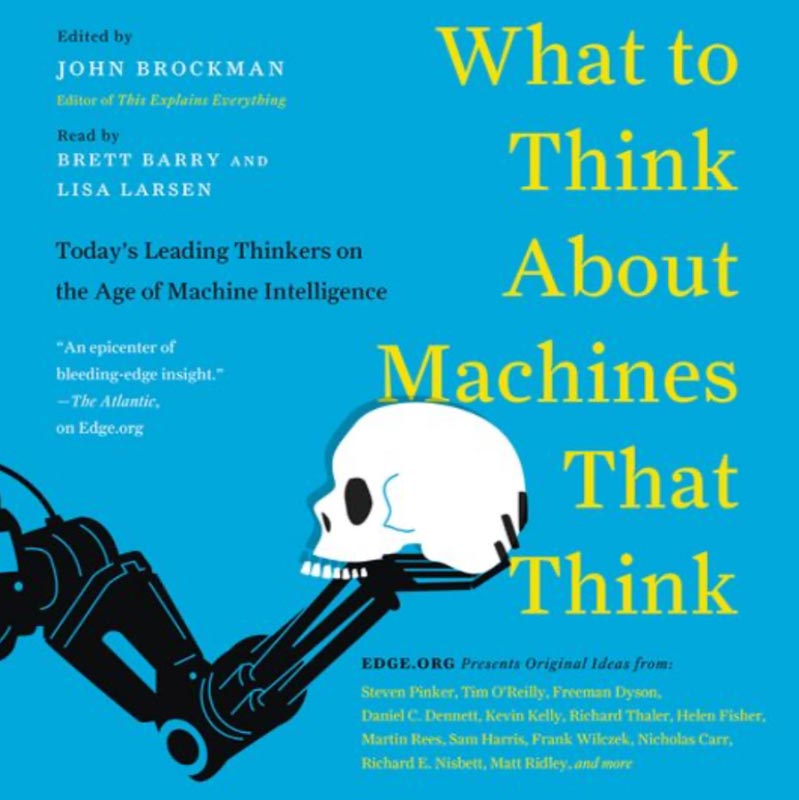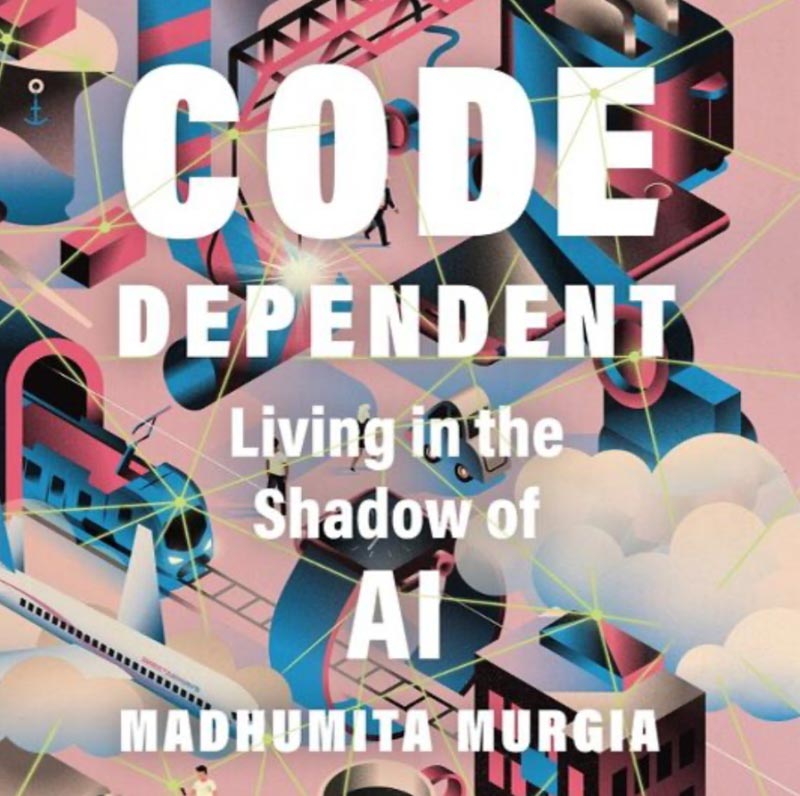I’m That Girl
Background
Published in 2025, I’m That Girl: Living the Power of My Dreams by Jordan Chiles is a memoir that follows the Olympic gymnast’s path from her early struggles in the sport to international recognition. Chiles recounts facing racism, body image concerns, and the pressure of elite competition while also describing the support and friendship she found among teammates such as Simone Biles. She reflects on the difficulties of navigating injuries, setbacks, and the emotional toll of narrowly losing a medal, while also capturing the triumphs of competing at the highest level. Through her personal story, she illustrates the persistence and resilience required to pursue a dream in the demanding world of gymnastics.

My Thoughts
I remember watching Ms. Chiles along with the others on Team USA. Like many of us, I didn’t know much about her, but I was rooting for her. I also remember her parents in the stands and the repeated showings of Snoop Dog who somehow highjacked the Paris games. However, that was about it. I was excited they won the gold and I was surprised she was given the Bronze after the Romanian girl was already celebrating. Honestly, I didn’t think too much about it other than feeling for the Romanian girl who thought she’d won. The familiar adage of “Don’t count your chickens till they’re hatched” came to mind. I then moved on to the next thing.
Evidently, there was a media storm that hit fueled by nationalism, racism, and just plain stupidity. All of it blessedly passed me by as I pay almost zero attention to social media. (I may live in an echo chamber but it is pretty peaceful in here.) From what I learned, it all seems very antithetical to what the Olympic Games stand for in my mind. All of it is unwelcome to say the least.
It was good to hear her story of hard work, faith, and perseverance. Ms. Chiles has much to be proud of and she did an amazing job representing our country. I don’t particularly like the attitude of trash talk and the lack of sportsmanship that I inferred from the pages. No one likes people who are bad sports and are only out there to win. This feels like an extremely unfortunate trend in our youth and society in general.
I also find the need to see everything from a tribal standpoint to be distasteful. Whether your tribe is black, White, Hispanic, Tesla owners, Harley Riders, Vegans, or even followers of Joanna Gaines, I’m happy you found something to be proud of. However, there are a lot of us out here who really don’t see the world the way you do. And that’s ok. You just don’t get to project your issues on others. Who am I to throw shade on Ms. Chiles or the Romanian girl. Both did their best on the world stage and were pretty amazing.
Recommendation
I was glad I read it. It gave me insight on an unfamiliar topic.
